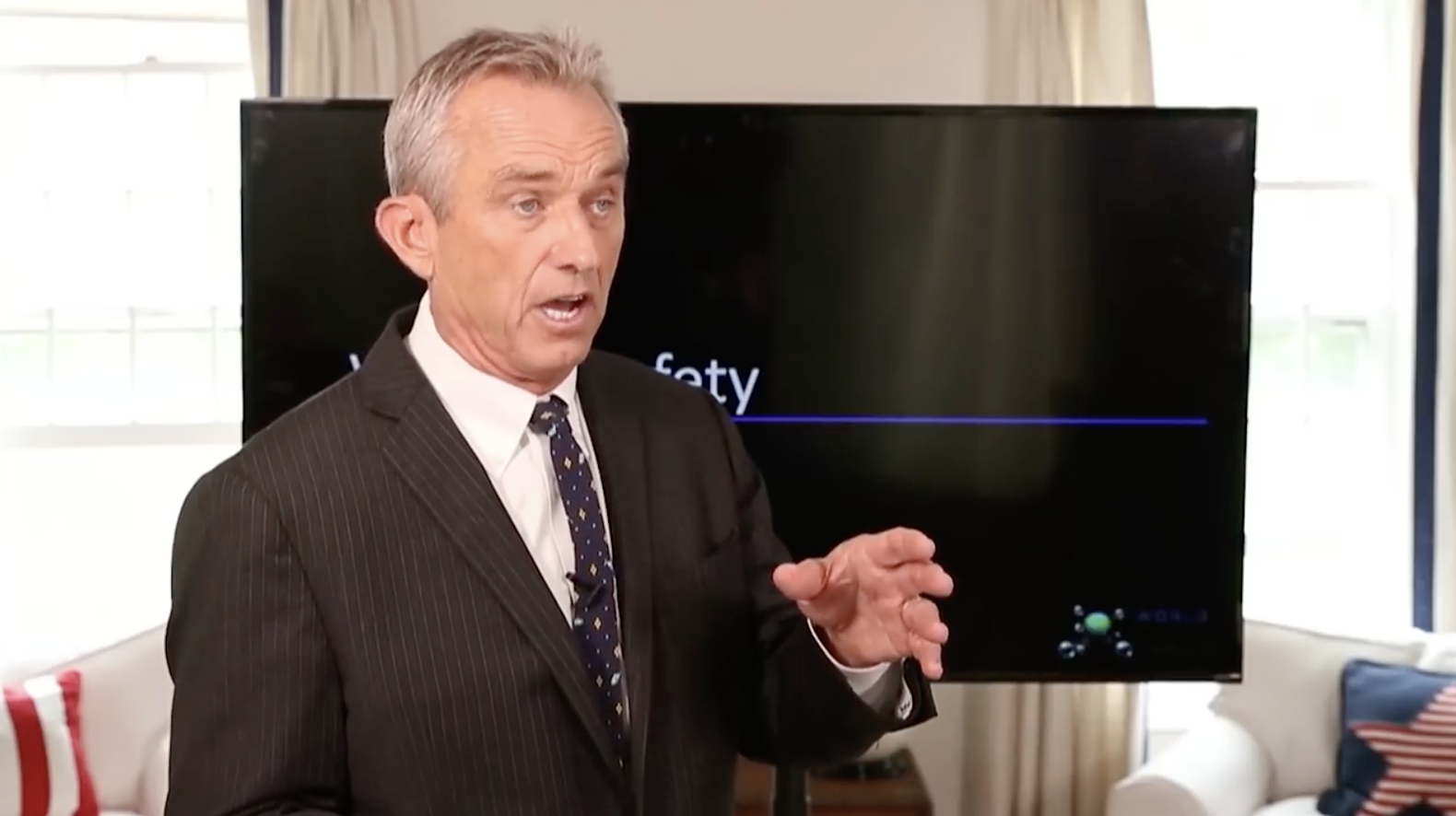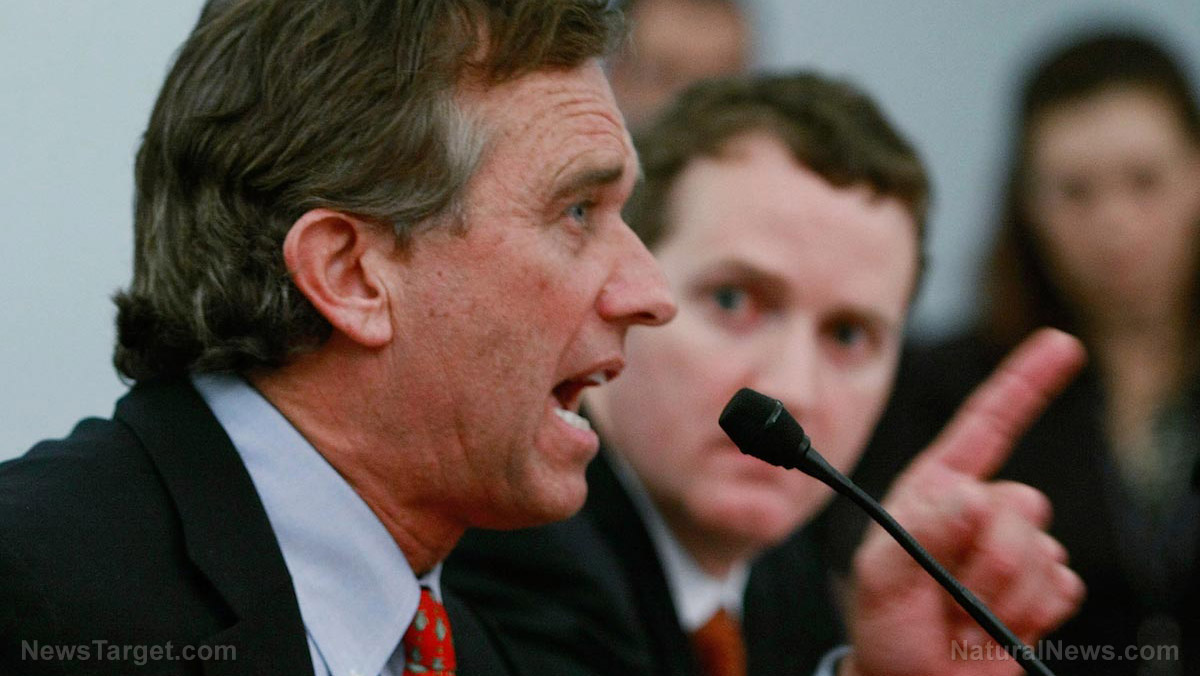
Dr. Anthony Fauci recently claimed in an interview that he never recommended that the government institute a lockdown at the beginning of the Wuhan coronavirus (COVID-19) pandemic in 2020.
Fauci, who currently serves as the chief medical counsel to the White House and the director of the National Institute of Allergy and Infectious Diseases, made this claim during an interview on the program "Rising" on The Hill TV. He claimed that it was the Centers for Disease Control and Prevention (CDC) that made recommendations to institute lockdowns.
"First of all, I didn't recommend locking anything down," he claimed in his interview with The Hill journalist Batya Ungar-Sargon. "You're asking me questions, you're talking about the CDC, [which is] the public health agency that uses their epidemiologists and their science-based approach to make recommendations." (Related: COVID-19 lockdowns failed: Fauci and whole lockdown crew blame public for "not following rules sufficiently.")
He further claimed that he had always known that the lockdowns had negative effects on people, especially children who are affected by school closures.
"Clearly, whenever you close schools, there are collateral effects that are negative. I have always been well aware of that and I have always felt – and go back and look at my statements – that we need to do everything we can to keep the schools open and safe," he said.
Fauci explained that "safe" meant forcing children to wear masks and get vaccinated and surrounding them with teachers and other school employees who are also vaccinated.
"Again, I have been on the record of saying that. Always try, to the best of your ability, to keep the children in school, but in a safe environment," he added. "Locally, a decision is often made when there is so much infection to close the school, but I would always see that as a last resort, and I have always felt that way."
Fauci's previous statements contradict his claims
Fauci's claim is easily contradicted by his statements from the past two years. For example, on March 12, 2020, Fauci spoke outside the White House about closing down schools as a form of disease mitigation.
"The one thing I do advise, and I said this in multiple hearings and multiple briefings, that right now we have to start implementing both containment and mitigation. And what was done when you close the school is mitigation."
The next month, Fauci attacked Florida Gov. Ron DeSantis for considering reopening schools, and then two days later gave "his blessing" to former New York City Mayor Bill de Blasio's plan to extend the closure of schools.
In June 2020, he then approved of states shutting down almost all activity within their borders. "Any state that is having a serious problem, that state should seriously look at shutting down," said Fauci.
And then, in Oct. 2020, Fauci told then-President Donald Trump to shut down the entire country.
"When it became clear that we had community spread in the country, with a few cases of community spread … I recommended to the president that we shut the country down," he said. "Unfortunately, since we did not shut down completely the way China did … we actually did see spread even though we shut down."
Fauci's revisionism met with criticism
The response to Fauci's claim that he never supported nor encouraged lockdowns has been met with near-universal criticism.
"Well, it's absurd to suggest he didn't," said former Republican representative and chairman of the House Oversight Committee Jason Chaffetz. "I mean, he was clearly out there showing everybody – lock it down, put on your mask, don't go to school, put restrictions on travel – all of those things."
"He's unashamed and unrepentant," wrote Republican Rep. Thomas Massie of Kentucky on his Twitter account. "But he knows the shutdowns were a catastrophic mistake, so he's trying to rewrite history
"It's clear that the people who were in charge of our nation's COVID response are trying to rewrite history regarding the pandemic," wrote Matt Margolis for PJ Media.
Watch this clip from InfoWars as Owen Shroyer calls Fauci's claim that he never supported the lockdowns "the biggest lie he has ever told."
This video is from the InfoWars channel on Brighteon.com.
More related stories:
LOCKDOWN LUNACY: Social isolation harms brain health and increases dementia risk, warn researchers.
CDC knows lockdowns harm the mental health children – but it supports them anyway.
Sources include:
Please contact us for more information.





















